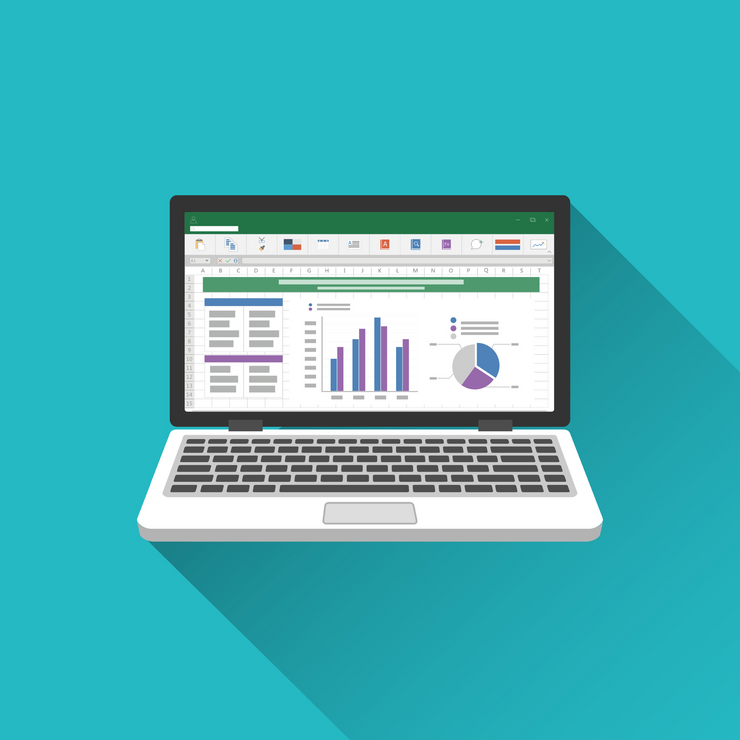
In this series we have explored Microsoft Excel from a data governance perspective, learning why Excel is not a great database and why Excel is not a great analytics platform. However, we don't want to give the impression that Excel is a bad tool. Quite to the contrary; the reason why organizations rely too much on Excel is that it is powerful and flexible.
Here are three scenarios where it makes sense for an organization to make heavy use of Excel for data storage and/or data analysis.
When an organization is in its earliest stages it doesn't have that much data to manage, and all effort is directed toward growth. Often it takes an organization a year or two to understand the shape of its mission and to identify the key data systems that would best support its growth. During that period of self-discovery it is fine to keep things loose and flexible by using spreadsheets to store and analyze the limited amount of data available.
As organizations grow they begin to differentiate into various smaller departments with particular concerns. Some of these concerns and the data related to them are of broader interest to the entire organization. However, some are not and are just a concern to the functioning of that particular department.
As an example, consider a typical sales department within an organization. Some of the data captured by the sales department - orders, pricing, deadlines, etc, are of great interest to the rest of the organization. Senior management will want to know revenue projections, manufacturing will want to know quantities and order timelines. However, some data really is just specific to the sales department itself. For example, a sales team might be interested in tracking how many cold calls they have made in a month. This data is really not of much interest outside the department and therefore it is fine to track it in a local Excel spreadsheet for intra-departmental use only.
One of the biggest problems with Excel is that if it is used for data entry and storage it is difficult to tell which "version" of the spreadsheet has authoritative data. This problem is solved if an organization has a central data warehouse that is used to feed spreadsheets so that none of the data is unique to the spreadsheet.
Having a data pipeline that feeds spreadsheets to departments with pre-populated data and formulas can give organizations the best of both worlds in terms of great data storage, version tracking, and also the flexibility that Excel spreadsheets provide.
In the final article in this series we will look at how to evaluate the usage of Microsoft Excel in your organization and how to make plans to move beyond Excel in key areas for better data analytics.
Synthelize has revolutionized the manner in which our statewide non-profit program tracks, analyzes, and leverages data to improve our outreach efficiency, planning, and effectiveness. . .Synthelize has created an advanced online dashboarding system unique to our program that allows our team to see overall trends, categorize program data and effectiveness, and drill-down into specific areas to crosswalk demographics with program strategizes.
“Synthelize has been an absolute pleasure to work with. Toby always goes above and beyond with all of my requests, and his analysis and report creations are always top-notch. I can't recommend their services enough.”
322 North Shore Drive
Building 1B, Suite 200
Pittsburgh, PA 15212
I am interested in information on: